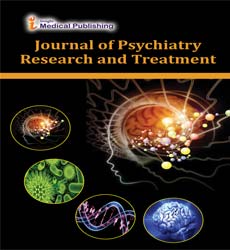Critical Evaluation of Neuro-protective Drugs in Ayurveda
Abstract
Plant secondary metabolites include an array of bioactive constituents form both medicinal and food plants able to improve human health. The exposure to those phytochemicals, including phenylpropanoids, isoprenoids and alkaloids, through correct dietary habits, may promote health benefits, protecting against the chronic degenerative disorders mainly seen in Western industrialized countries, like cancer, cardiovascular and neurodegenerative diseases. During this review, I briefly cope with some plant foods and herbs of traditional medicines and diets that specialize in their neuroprotective active components. Because oxidative stress and neuro-inflammation resulting from neuroglial activation, at the amount of neurons, microglial cells and astrocytes, are key factors within the etiopathogenesis of both neurodegenerative and neurological diseases, emphasis are going to be placed on the antioxidant and antiinflammatory activity exerted by specific molecules present in food plants or in remedies prescribed by herbal medicines. Neuroprotection refers to the strategies and relative mechanisms able to defend the central nervous system (CNS) against neuronal injury due to both acute (e.g. stroke or trauma) and chronic neurodegenerative disorders (e.g. Alzheimer's disease, AD, and Parkinson's disease, PD).
Open Access Journals
- Aquaculture & Veterinary Science
- Chemistry & Chemical Sciences
- Clinical Sciences
- Engineering
- General Science
- Genetics & Molecular Biology
- Health Care & Nursing
- Immunology & Microbiology
- Materials Science
- Mathematics & Physics
- Medical Sciences
- Neurology & Psychiatry
- Oncology & Cancer Science
- Pharmaceutical Sciences
